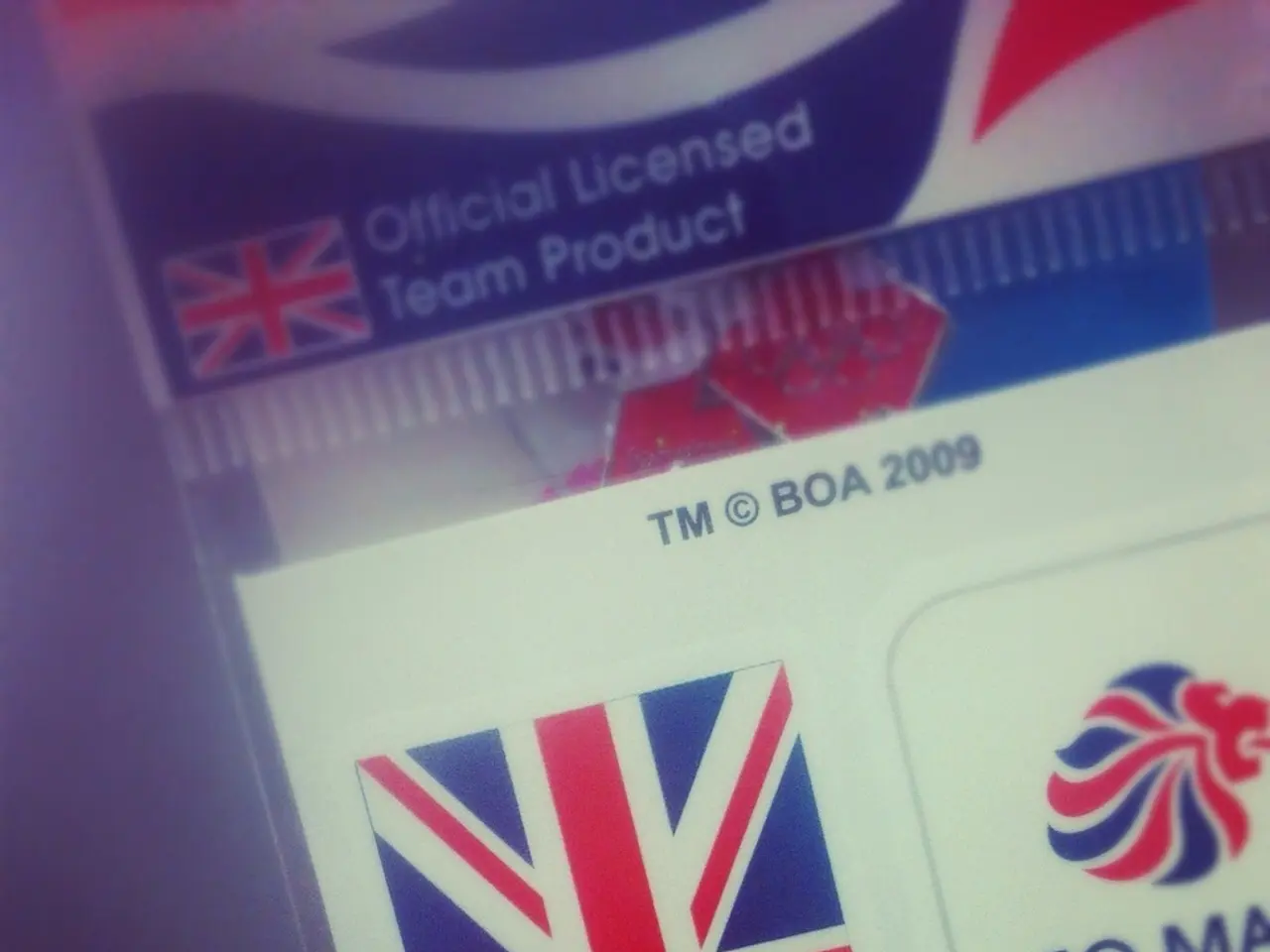Africa's Standpoint open for Discussion from South Africa
In the rapidly evolving world of cryptocurrencies, two African nations, South Africa and Nigeria, are taking distinct approaches to regulation. These differences reflect the different stages of maturity and regulatory focus in each country.
South Africa's Regulatory Landscape
South Africa is focusing on the regulation of cross-border crypto transactions. The South African Reserve Bank (SARB) is set to release a new regulatory framework in 2025, targeting crypto asset service providers (CASPs) handling international transfers. This move aims to curb illicit flows and align exchange control laws with digital asset realities.
Crypto exchanges and wallet providers in South Africa must register with the Financial Intelligence Centre (FIC) and comply with anti-money laundering (AML) and know-your-customer (KYC) standards. The Financial Sector Conduct Authority (FSCA) supervises crypto platforms to protect consumers and ensure financial integrity. South Africa will also implement the crypto Travel Rule from April 2025, aligning with global Financial Action Task Force (FATF) standards. Crypto-assets are classified as financial products, requiring licensing and AML obligations for exchanges and advisors.
Nigeria's Regulatory Approach
Nigeria's regulatory system is more complex, involving several regulators including the Securities and Exchange Commission (SEC), the Central Bank of Nigeria (CBN), and the Nigerian Financial Intelligence Unit (NFIU). In 2022, the SEC Digital Assets Rules and the 2025 Investments and Securities Act formally categorized Bitcoin and other cryptocurrencies as securities, placing them under SEC jurisdiction.
This classification gives Nigeria a more explicit regulatory certainty on crypto assets but also introduces operational complexities for virtual asset service providers (VASPs) and financial institutions. The Nigerian crypto market is one of Africa's largest and most active, driven by currency volatility and economic uncertainty, but this has also led to disputes, such as tensions between the government and Binance over tax compliance and currency volatility issues, with related enforcement actions taken against crypto executives.
Comparing the Two Approaches
| Aspect | South Africa | Nigeria | |------------------------|-----------------------------------------------|---------------------------------------------------| | Regulatory Approach | Focus on cross-border crypto regulation; aligned with FATF; new framework pending in 2025 | Multi-regulator approach; SEC classifies crypto as securities; evolving but complex regime | | Regulatory Bodies | SARB, FIC, FSCA | SEC, CBN, NFIU | | Legal Classification | Crypto-assets classified as financial products| Crypto formally securities under SEC jurisdiction | | Enforcement Focus | Registration of CASPs, AML/KYC compliance, consumer protection | Tax compliance enforcement, currency volatility control, dispute with Binance | | Market Context | Emerging framework to curb illicit flows and align exchange controls | Largest African crypto market; vibrant but regulatory challenges and disputes |
In conclusion, South Africa is moving towards a harmonized, formalized regulatory regime mainly focused on AML and cross-border controls, while Nigeria has a more mature but fragmented and enforcement-challenged regulatory environment with securities classification and tax enforcement issues.
Sources: [1] SARB Press Release, "SARB to release crypto asset regulatory framework in 2025," 2023. [2] SEC of Nigeria, "Digital Assets Rules," 2022. [3] FSCA of South Africa, "Crypto Asset Service Providers," 2023. [4] CBN of Nigeria, "Statement on Cryptocurrencies," 2022. [5] NFIU of Nigeria, "AML/CFT Guidelines for Virtual Asset Service Providers," 2023.
Read also:
- International powers, including France, Germany, and the UK, advocate for the reinstatement of sanctions against Iran.
- Republicans advocate Trump's domestic policy plans in Iowa, though some business owners remain skeptic
- Procedure for Granting the Contract Has Been Instigated by the Commission
- Auto Industry Updates: Geotab, C2A, Deloitte, NOVOSENSE, Soracom, and Panasonic Make Headlines in Connected Car Sector News







